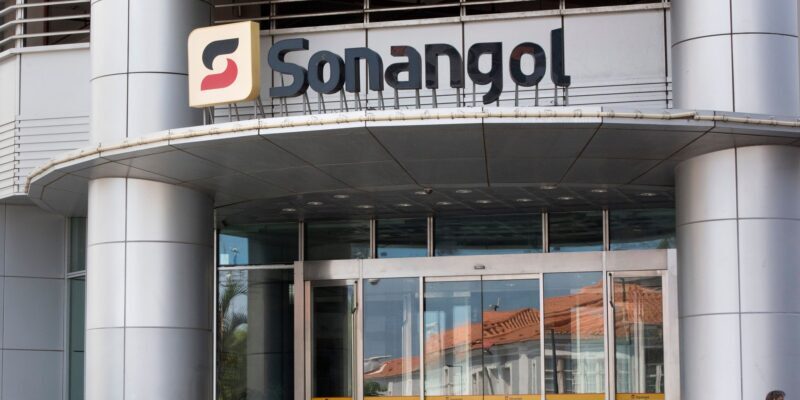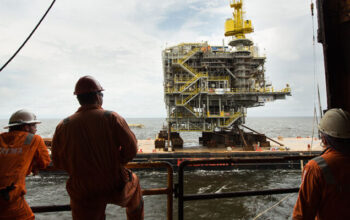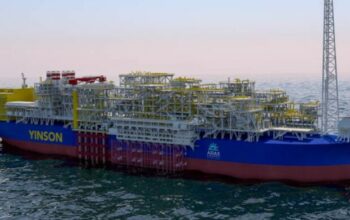The debt of 75 billion kwanzas in bonds issued on Monday by Sonangol in the national market will be used to pay suppliers and for investments, announced the President of the Board of Directors of the state-owned oil company during a press conference presenting the operation.
He continued by saying that the amount is not sufficient to cover the company’s business needs, but it serves as a “trial balloon” to evaluate and help stimulate the markets, which is one of the responsibilities of the state.
“We regularly go to the international market, and for the first time, we are here in the domestic market to contribute not only to our economy but also to the resolution of our problems. The amount in question is not sufficient, but it is our contribution that enables banks and people to use part of their savings in investments that have a guaranteed return,” he emphasized.
The Jornal de Angola reported that Sonangol spends around two billion dollars per year to cover its investment needs.
The operation is being intermediated by Standard Bank (SBA) and Banco de Fomento Angola (BFA), as well as the securities distributor Áurea.
The choice of these institutions took into consideration factors such as the cost terms of operation in intermediation and other issues such as subscription assurance: in the remote possibility that the placement of the bond debt is not fully taken by the market, the banks step in and take responsibility.
More Attractive Rate
In an interview, Samuel Franco, the Director of Structuring at Áurea, clarified that the rate set for the loan on the seven and a half million bonds issued by Sonangol includes a 2.5 percent premium, which is considered attractive compared to similar issuances by the Angolan government.
Currently, the sovereign debt for the same five-year period pays a rate of 15 percent per year.
According to Samuel Franco, the premium “makes complete sense” because Sonangol’s risk is not sovereign risk, and it is a way to attract investors. Moreover, all private or public companies worldwide always have a premium above what the government pays.
Regarding the issuance of Sonangol bonds, the charged rate of 17.5 percent per year received consensus from financial intermediaries and some previously contacted investors, as well as Sonangol itself, which considered it a reasonable value to pay.
The rate is also considered more attractive by private investors and small savers compared to the current rates practiced by commercial banks operating in the Angolan market.
According to Samuel Franco, commercial banks usually don’t offer rates higher than one year, but the current rates range between 13 and 14 percent. “Rates vary from client to client: there are many banks where they can reach 19 percent, but at the moment, I don’t know any,” he emphasized.
Strengthening the Financial Market Base
During the opening of the presentation, the Secretary of State for Oil and Gas, José Barroso, stated that with the issuance of Sonangol debt in the stock exchange, the government seeks to strengthen the country’s financial base and promote sustainable economic development.
The event, considered “historic” for the public business sector, with the government as a shareholder of Sonangol, “quite confident” about what the Secretary of State called “this major step,” especially for the positive impact that the issuance is expected to have on the national financial market.
It is part of the government’s short- and medium-term plans for other state-owned companies to diversify their sources of financing through the Angolan Capital Market to enhance their potential.
“Sonangol, in our humble opinion, has a solid trajectory of growth and profitability, and this issuance will allow obtaining the funds needed to invest in strategic projects that will increasingly and sustainably drive the success of our flagship company,” he noted.
José Barroso urged all market operators, regardless of their size, to adopt similar strategies, which will “certainly ensure good profitability for all.”
He also reaffirmed that the Angolan government is committed to listing Sonangol on the stock exchange by 2026; therefore, he mentioned that “this issuance constitutes a crucial element in the process that will lead us to the Initial Public Offering (IPO) of the company.”
![]()




